


Our strength to endure obviously comes not from within us, but from someone who is at work in and through us.

A report of the Spanish public TV shows the social action of evangelical associations during the pandemic. “We put the five loaves and two fish, and the Lord has multiplied them”.
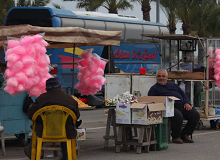
Until the rulers change, and the corrupt system of lax laws lets up on its suffering of people, what are some things the Church in Lebanon and elsewhere can do?
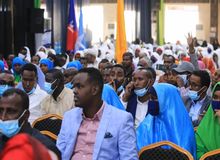
“Most Somali Christians are underground believers. We are a persecuted community”, explain the leaders of an online community of believers in the country.

Pandemic partnership for health professionals and the church. An article by Ted Lankester.

The small country between France and Spain has no specific law about religions. Churches are not allowed to gather due to the Covid-19 pandemic.
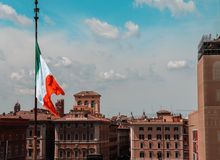
Italy negotiates a new government as the third wave of the pandemic hits the country. The Evangelical Alliance calls on Christians to avoid “conspiracy narratives”.

Lament, communities of care and the new normal. An article by Gladys K. Mwiti.

After 55 years of work, the pandemic has aggravated the crisis of the ministry in Spain. The impact of the internet and the secularisation of Europe are a challenge for the entire sector.

The felt gap between ‘what is’ and ‘what should be’ is a powerful prompt to return to God and cherish the best parts of life—our relationships with others—over other idols.

Right now we need to reconnect business to its rightful place within society.
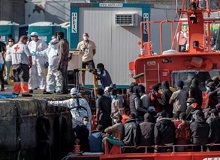
Churches demand “permanent resources” as the humanitarian crisis overwhelms the local population.

The second edition of the ‘survival manual’ published last May aims to be “a professional guide that also reflects our biblical worldview”, to deal with the impact of the ‘second wave’.

Entities and churches work tirelessly to take care of the most vulnerable during the Covid-19 crisis, often without the needed support of the authorities.
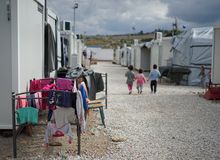
“The current focus on returns will not save the asylum system”, says the European Evangelical Alliance representative in Brussels, Arie de Pater. “It is not just about the economy this time, but about people”.

“We clearly reject conspiracy theories and behaviours that lack solidarity”, a statement signed by free churches and the Evangelical Alliance says in response to the Covid-19 situation.

The manual emphasizes the importance of maintaining a healthy lifestyle and encourages Christians to trust God and “be witnesses of Jesus in these times”.

We use God’s name in vain when we preach an empty, passive, passion-free Christianity devoid of biblical content.

The complementary and transforming ministry of ‘fresh expressions’. An article by Michael Moynagh.

In the book of Acts God gives us a blueprint for when traditional church is not possible.
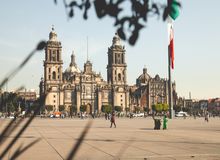
Brazil and Mexico are the second and fourth countries with more deaths worldwide. Latin American evangelicals have been helping those affected by Covid-19 since the beginning of the pandemic.
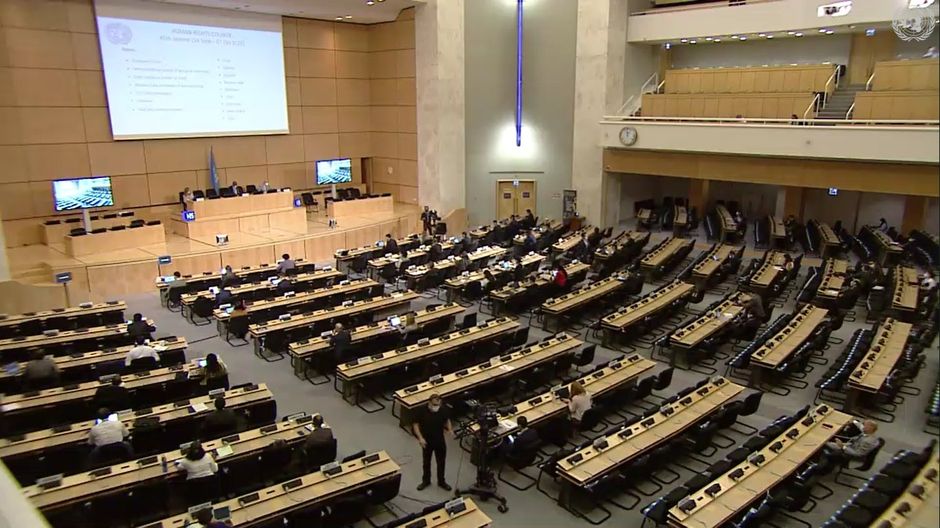
During the 45th session of the UN Human Rights Council, the WEA calls on Zimbabwean government “to address the causes of the country crisis, [...] to prevent violations of fundamental rights”.

Covid-19 might just be an extraordinary interruption that we can attend to, manifesting, as Jesus did, that the rule of God’s love has come on earth as it is heaven.
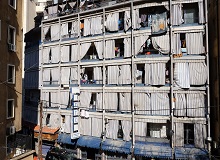
In 2019, the Lebanese pound began to lose its value, in November, the Lebanese lost their savings in the banks, and in March 2020, as the pandemic settled in, the situation worsened exponentially. And then, the Beirut explosion.

Beirut is still recovering, in the midst of an economic crisis. “Churches are on the streets, helping those in need, praying with them and giving free bibles”.

Las opiniones vertidas por nuestros colaboradores se realizan a nivel personal, pudiendo coincidir o no con la postura de la dirección de Protestante Digital.